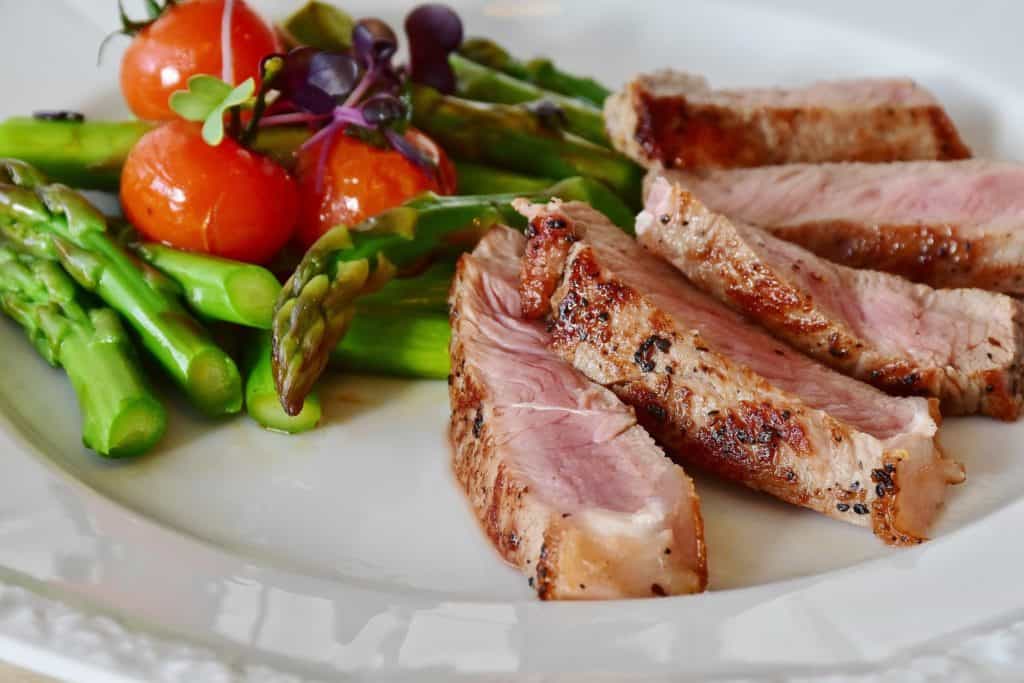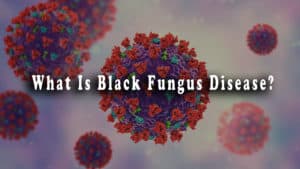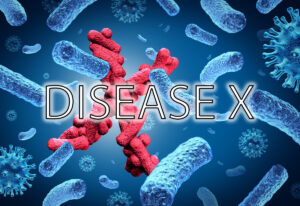Contents
show
What is the keto diet?
- A ketogenic diet or keto diet is a diet with low carbohydrate intake and replacing it with a high amount of fat. Thus our body burns fat instead of glucose for fuel.
- The 3 major macronutrients present in the food that we eat every day are fat, protein, and carbohydrate. Our basic standard diet includes Fat (35%), protein (15%), and carbs (50%). Carbohydrate is the primary energy source of our body. In a keto-diet, the percentage of carbs is reduced to a greater amount replacing it with a larger amount of fat.
- It has some beneficial effects such as lose weight, boost up athletic performance, blood glucose reduction, etc. However, It can be harmful if not maintained properly as instructed by a professional.
- Keto-diet is usually achieved by limiting carbs by 20-50 grams per day and consuming fats and also protein such as meat, fish, nuts, etc.
- Proteins should be taken in moderate amounts as protein can be converted into glucose if a large amount is consumed and this will slow the process of ketosis.
What happens in our body during a keto diet?
- Ketosis:
- By reducing the intake of carbohydrates, our body limits access to glucose and makes use of stored fat as fuel for the body. This metabolic state when our body uses fat instead of carbs for energy is called ketosis.
- Fat is converted into ketones in the liver and these ketones are used as an alternative source of energy instead of glucose.
- Gluconeogenesis:
- Our body is able to synthesize glucose from non-carb sources. This is essential because all cells of the body are not able to function on fat alone.
- A Ketogenic diet also changes the water and mineral balance of the body and thus helps to lose weight quickly.
What are the Benefits of a keto diet?
- Improves insulin sensitivity
- Lowers blood glucose level in type 2 diabetes
- Reduces diastolic blood pressure and triglyceride levels
- Increases HDL (good cholesterol) level
- Suppresses appetite and hunger
- Burns fat and decreases fat storage efficiently
When a keto diet is used (benefits)?
Ketogenic diets are being used for several health disorders due to their beneficial effects. However, many of these benefits are from case studies and they need validation through higher-quality research.
- Type 2 Diabetes or pre-diabetes
- Weight loss management / Obesity
- To Improve athletic performance
- Control drug-resistant epilepsy and seizure in children
- Nonalcoholic Fatty Liver Disease (NAFLD)
- Cancer treatment (helps to slow tumor growth in some cancers such as brain cancer like glioblastoma multiforme (GBM)
- Pyruvate dehydrogenase (E1) deficiency
- Glucose transporter 1 deficiency syndrome
- Chronic migraines
- Autism
- Alzheimer’s disease
- Polycystic Ovary Syndrome
- Parkinson’s disease
What are the different types of ketogenic diet?
- Standard ketogenic diet (SKD):
- Contains low carb (10%), moderate protein (20%), and high-fat diet (70%).
- It is the most recommended diet used.
- Cyclical ketogenic diet (CKD) or Carb Cycling:
- This diet involves periods of 5 ketogenic days followed by 2 high carb days (carb refeeding period)
- Mostly used by bodybuilders and athletes to build muscles
- The targeted ketogenic diet (TKD):
- Carbs are added during workouts.
- This diet is also mostly used by bodybuilders and athletes
- High protein ketogenic diet:
- This diet includes more protein (35%), 60% fat, and 5% carbs.
What foods to be avoided during a keto diet?
- Sugar-containing foods: soda, soft drinks, fruit juice with added sugar, sweet cake, sweet biscuits, ice cream, etc.
- Wheat-based foods: grains, bread, rice, barley, cereal, etc.
- Sweet Fruits: Watermelon, jackfruit, mangoes, etc.
- Root vegetables: potatoes, sweet potatoes, carrots, parsnips, etc.
- Unhealthy processed foods: pickles, honey mustard, ketchup, chips, etc.
- Peas and beans
- Alcohol containing beverages
What foods are allowed to eat during a keto diet?
- Meat: red meat, beef, lamb, sausage, chicken, and turkey, etc.
- Seafood and Fish: salmon, trout, sardines, tuna, lobster, cod, catfish, and mackerel, etc.
- Eggs
- Dairy products: Butter, heavy cream, unprocessed cheeses, mozzarella, greek yogurt, etc.
- Nuts and seeds: almonds, walnuts, peanuts, hazelnuts, cashew nuts, sunflower seeds, flaxseeds, pumpkin seeds, chia seeds, etc.
- Beverages: Water, coffee, green tea, etc.
- Healthy oils: extra virgin olive oil, coconut oil, and avocado oil, etc.
- Fruits such as avocados, olives, apricots, grapefruits, lemons, kiwi, oranges, raspberries, strawberries, etc.
- Low carb vegetables: green leafy vegetables, broccoli, cauliflower, cabbage, spinach, cucumber, asparagus, green beans, mushrooms, tomatoes, onions, bell peppers, etc.
- Dark chocolate with at least 70-85% cocoa.

Side-effects of a keto-diet - the keto-flu symptoms
- The sudden shift of food habits to a low carb diet can be difficult for some people because our body needs some time to adapt to this new dietary change. While others adapt to this change without experiencing any problem.
- Keto-flu is caused by the rapid loss of water and electrolytes from the body retained from the previous diet.
- Symptoms vary from person to person and range from mild to severe.
- These symptoms usually last for weeks but some people may experience them for a longer period of time.
- Side-effects include:
- Diarrhea
- Constipation
- Nausea and vomiting
- Bad breath
- Poor energy
- Weakness
- Fatigue
- Irritability
- Headache
- Dizziness
- Muscle cramps
- Decreased mental function
- Poor concentration
- Sugar cravings
- Sleeping difficulty
How to deal with the side-effects?
- Start by slowly limiting the amount of carbs and gradually increase fat intake.
- Drink plenty of water and stay hydrated to replenish the lost water and electrolytes.
- Avoid strenuous exercise.
- Replace lost electrolytes by adding supplements to diet (such as salt to correct the water and electrolyte imbalance, potassium-rich foods (coconut water), etc.).
- Consume the proper amount of fats, proteins, and carbs.
- Adequate sleep and rest.
What are the health risks of following a keto diet?
- Diabetic ketoacidosis
- Hypoglycemia
- Kidney stones/kidney diseases due to elevated levels of ketones in the blood
- Fatty liver disease
- Gout and chronic kidney failure due to increased intake of red meat during keto diet
- Increase blood cholesterol level and LDH level and thus increases the risk for cardiovascular diseases
- Micronutrient deficiencies (calcium, vitamin D, potassium, magnesium, folic acid, etc.)
When a keto-diet is not recommended?
- Pregnancy
- Breastfeeding women
- Kidney disease (Chronic kidney failure)
- Advanced fatty liver disease (steatohepatitis)
- Gouty arthritis
- Fat metabolism disorders (pyruvate carboxylase deficiency, porphyria, etc.)
- Pancreatic disease e.g. chronic pancreatitis
- Gallbladder disease e.g. gallstones
Key points to be noted about a keto diet:
- It is important to know that the ketogenic diet focussed on weight loss should be followed for a short period of time.
- It is essential to consult a registered dietitian before planning a keto-diet to make sure if it is suitable for you and that all the nutritional needs are fulfilled in order to avoid any unnecessary complications that may arise from a keto-diet.
- Make diet changes slowly under the guidance of a doctor because starting a keto diet or going back to a normal diet can be risky and hazardous to health.




Pingback: how long does it take for azithromycin to work for bronchitis
Pingback: legit essay writing services
Pingback: write a research paper for me
Pingback: write my essay no plagiarism
Pingback: help me write my critical essay
Pingback: scholar essay of business ethics
Pingback: propecia 2mg
Pingback: plaquenil dose calculator
Pingback: zithromax buy online
Pingback: prednisone 1.25 mg